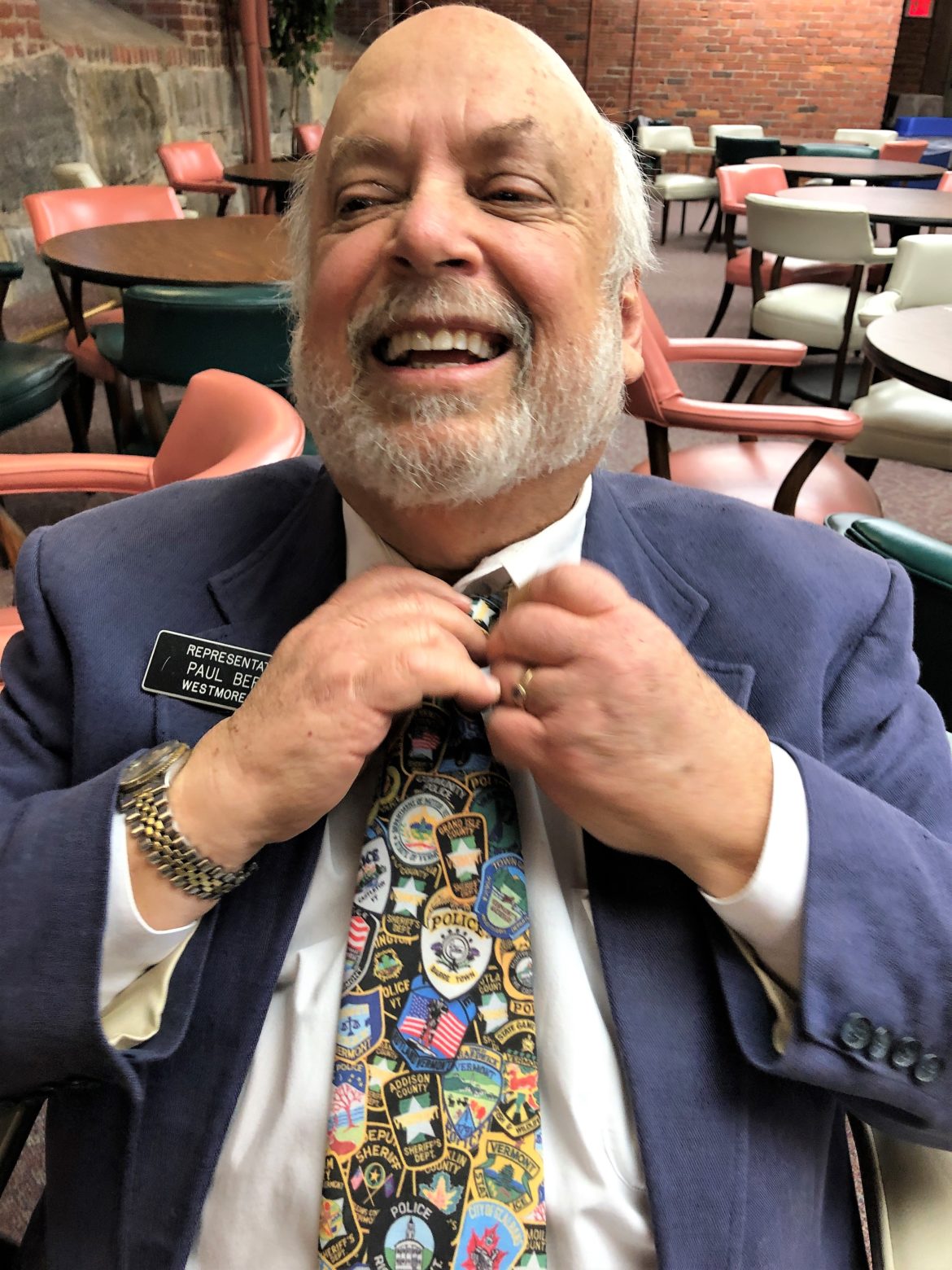By GARRY RAYNO, InDepthNH.org
CONCORD — More needs to be done to alleviate the social isolation of patients in long-term care facilities, a legislative study committee was told Thursday.
The Committee to Study the Safety of Residents and Employees in Long-Term Care Facilities heard from representatives of several organizations at its meeting.
“It is the crisis within the crisis,” said Daniel Zotos, the director of public policy for the Massachusetts and New Hampshire Chapter of the Alzheimer’s Association, said of social isolation. “It is so detrimental to the health and well-being of the individual with Alzheimer’s, but also to the family caregivers.”
While the state has approved a phased approach to allowing family member meetings with long-term care patients, it is up to the facilities to decide if they want to participate, said Doug McNutt of the American Association of Retired Persons’ New Hampshire Chapter.
“It is really a problem. Some have very limited congregate dining and interaction,” he said, “but mostly they are stuck in their rooms.”
A recent analysis found the death rate from COVID-19 for long-term care patients with Alzheimer’s and dementia is much higher than it was a year ago, according to work done with federal data by the Washington Post.
Zotos said allowing family members to visit with patients could be done with relative safety if long-term care facilities had rapid response testing with results known within 15 to 20 minutes.
He said the federal Health and Human Services agency said every long-term care facility would have rapid testing equipment but left it to the states “to follow up on how robust rapid testing would be. It is a really important step to combating social isolation.”
Committee member Rep. Paul Berch, D-Westmoreland, raised the issue of social isolation at nursing homes, noting volunteers used to do bingo or concerts or dance therapy but all of that ended with the coronavirus and the state restrictions.
“That has had a huge impact on the quality of life, and I think mental health of residents of nursing homes,” he said.
He also raised the issue that the state may stop paying for surveillance testing at long-term care facilities, which he said could add tens of thousands of dollars to costs if they have to pay for the weekly or every 10-day testing regiments.
McNutt said that is a concern he heard as well, noting he was on a call that morning with representatives of both county and private facilities and the issue was discussed.
At Gov. Chris Sununu’s press conference Thursday afternoon, Health and Human Services Commissioner Lori Shibinette said there are ongoing discussions between providers, the state and the facilities and they will have an announcement in the future.
“We’re not going to say after Nov. 1 you are on your own,” she said, “we will continue to offer assistance as we have been doing since the beginning of the pandemic to get their needs met.”
The testing will be more directed to serve the individual facility, she said, and give them the flexibility some are asking for. The state would help find a provider or develop a testing schedule that works better, Shibinette said.
McNutt raised concerns about testing transparency saying the state releases data on outbreaks at facilities but not what is happening at each facility.
He said the state long-term care ombudsman needs to have legal access to be able to go into long-term care facilities to better assess the situation. “It is important to have some access to nursing homes to see what is required for (personal protective equipment) and testing,” McNutt said. “There is a lack of a level of accountability that exists now.”
He also raised the issue of staffing at the nursing homes, agreeing with Judith Joy, former president of the NH Nursing Association, who is the statewide coordinator for the COVID Alliance Senior Support Team, a volunteer organization that works with facilities, that staffing was thin at the facilities before the pandemic but is more problematic now.
McNutt said the long-term care stabilization fund that provided $300 a week ended at the end of July.
“(The fund) was extremely helpful not just for nursing homes, but home care services as well.
The state may want to set minimum staffing levels as some states have done, he added.
The state did step in and helped with staffing shortfalls, but said the virus is not going away any time soon, McNutt said. “Winter is going to be a difficult time.”
Melissa St. Cyr, an attorney with the Department of Health and Human Services, said the department contracted with an interim staffing agency to provide workers to facilities with critical needs.
She said her agency contacts homes on a weekly basis to determine who needs staffing help to “get through the hurdle.”
“A long-term care stabilization fund so front line workers are supported and equipped is a fundamental piece we need to get right,” Zotos told the committee.
Joy and Daniel Curtis, executive director of the SST organization, explained how the group helps long term-care facilities with personal protection equipment, what their needs are and facilitates communications with agencies.
Curtis said the facilities had problems with price gorging and defective equipment and said the state may need more robust laws to deal with the problem.
The legislative committee has until Nov. 1 to file a final report and will meet weekly for next few weeks.
Garry Rayno may be reached at garry.rayno@yahoo.com.





